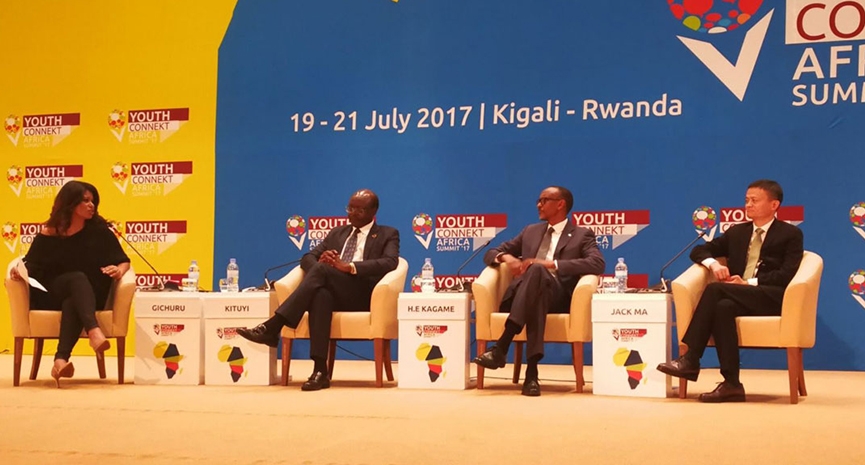Alibaba CEO Jack Ma pledges to invest in Africa’s youth
Supply Chain - Chinese business magnet and founder of Alibaba Group, Jack Ma made his presence felt at the inaugural YouthConnekt Africa Summit held at Kigali with the announcement of four groundbreaking projects.

Jul 24, 2017: Chinese business magnet and founder of Alibaba Group, Jack Ma made his presence felt at the inaugural YouthConnekt Africa Summit held at Kigali with the announcement of four groundbreaking projects.
This was Ma’s first visit to the African continent. Along with a delegation aboard three planes, Ma, was on a mission – to promote entrepreneurship as a path to economic growth. As special adviser for the United Nations Conference on Trade and Development (UNCTAD), Ma met with members of the public and private sectors to explore ways to bring young business owners in Africa into the larger global economy.
He invited 200 African young entrepreneurs to work at Alibaba headquarters in Hangzhou with the aim of gaining experience in various fields related to e-businesses. He said, “They will come back to Africa to develop their business and help others grow their businesses.”
“When you invest in young people, you invest in the future,” said Ma addressing the seminar. “I am excited by the work we are doing at UNCTAD to unleash the entrepreneurial potential of Africa’s youth.”
Ma further asserted that Alibaba will work with Universities in Africa and governments to train specific courses such as Internet, Artificial Intelligence, and e-commerce. Furthermore, he would initiate a conversation award for rangers working in African parks. The award, given as a partnership between the Paradise Foundation and Alibaba Foundation, will be used to recognize 50 these wildlife rangers who have been safeguarding the continent’s natural heritage for African citizens.
Finally, the richest man in Asia and the 14th richest in the world, announced that he personally would donate $10 million from the Jack Ma Foundation to African young entrepreneurs development fund thus pledging to invest in youth. Ma said the idea for the $10 million fund came to him after seeing the energy and excitement around entrepreneurship during his trip. “I want to show my confidence in Africa,” Ma said.
Alibaba’s current market value stands at more than US$231 billion.


